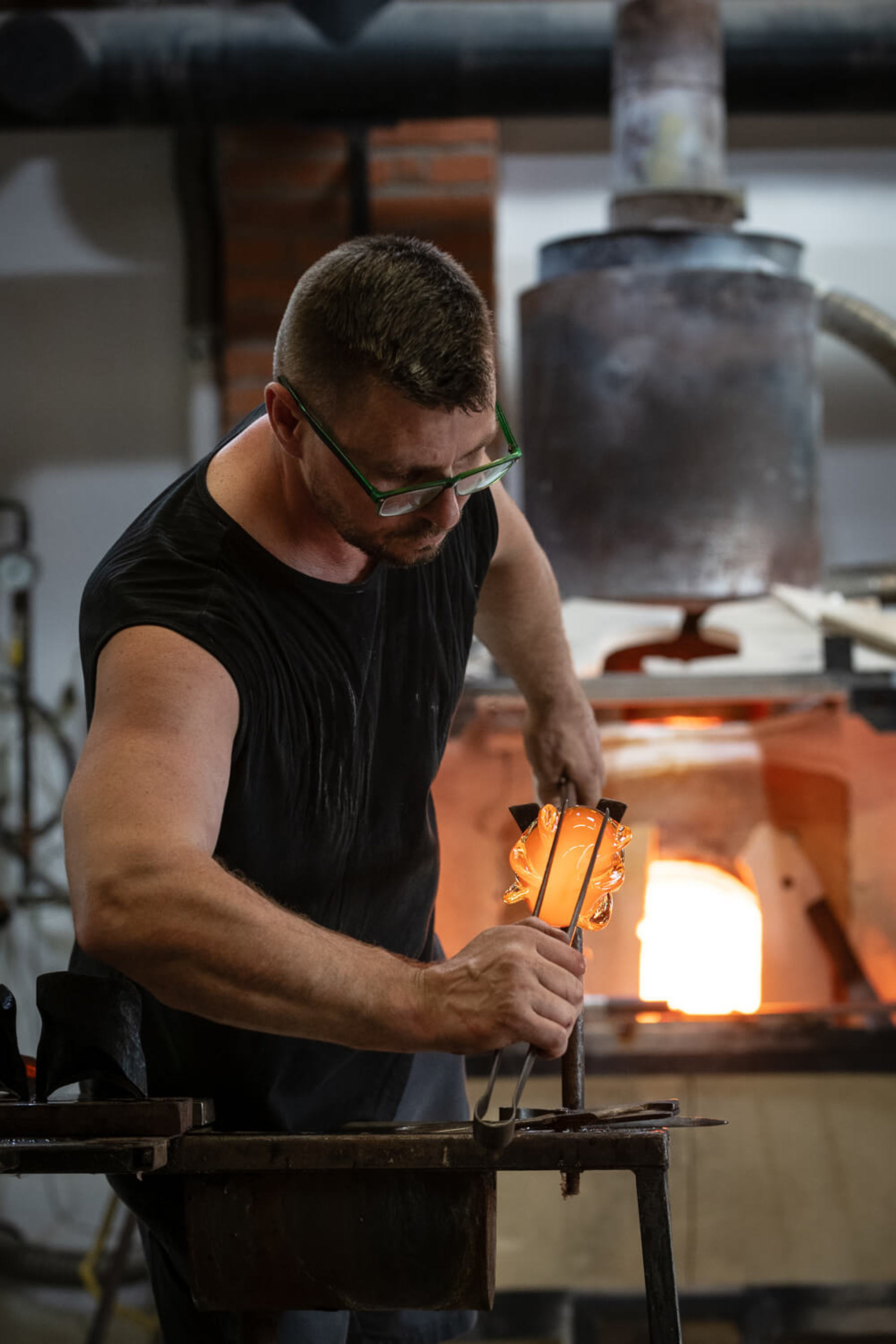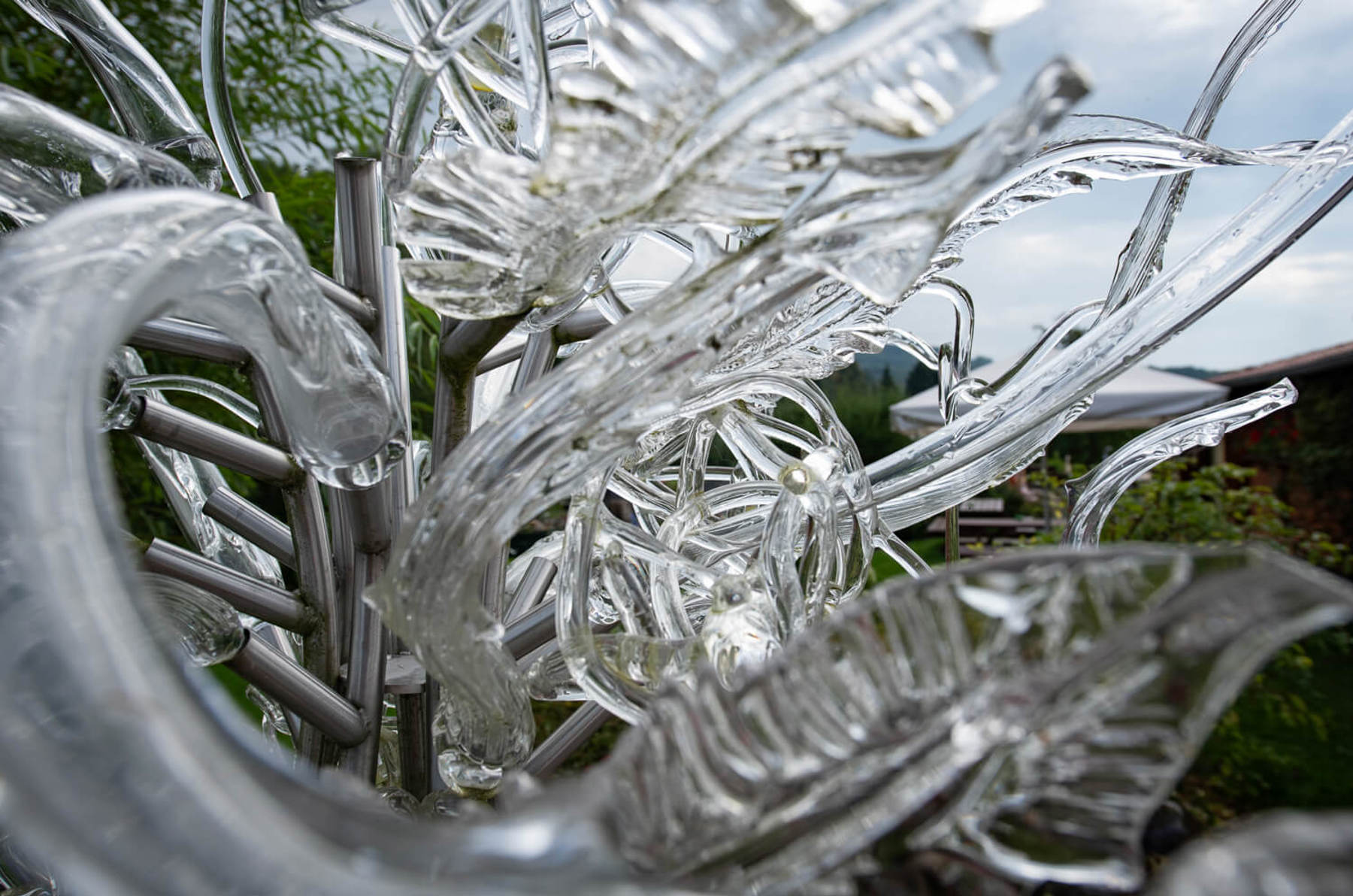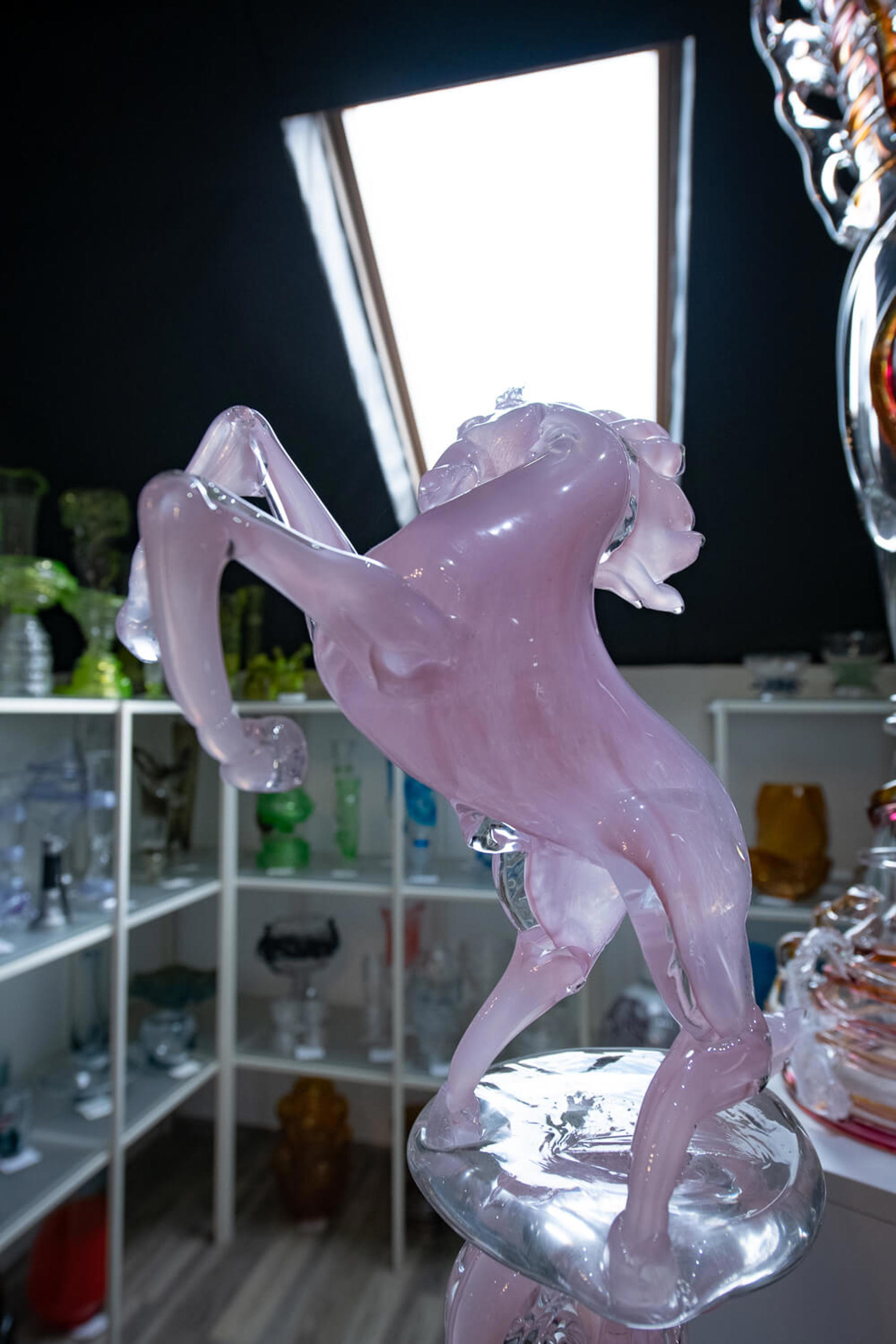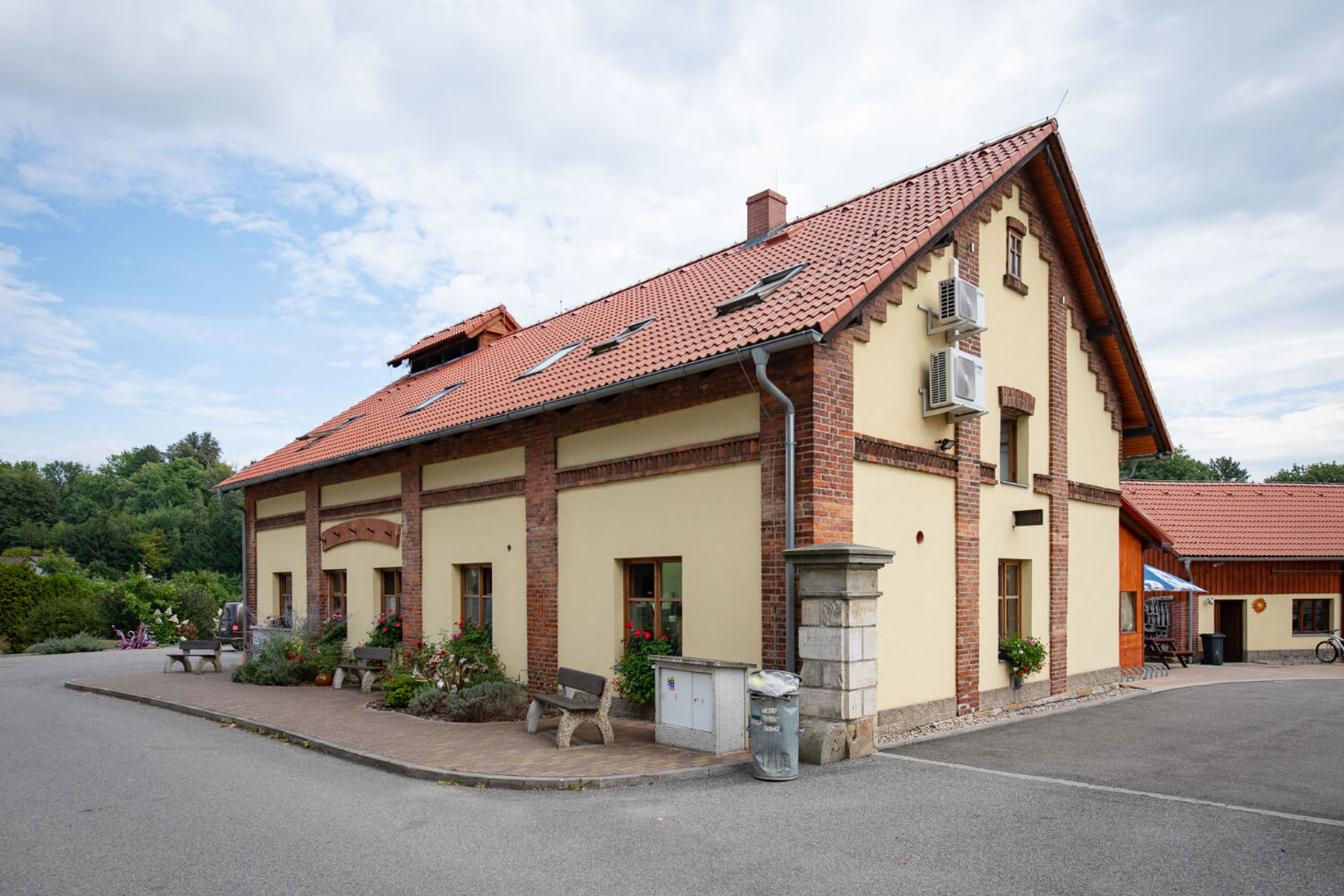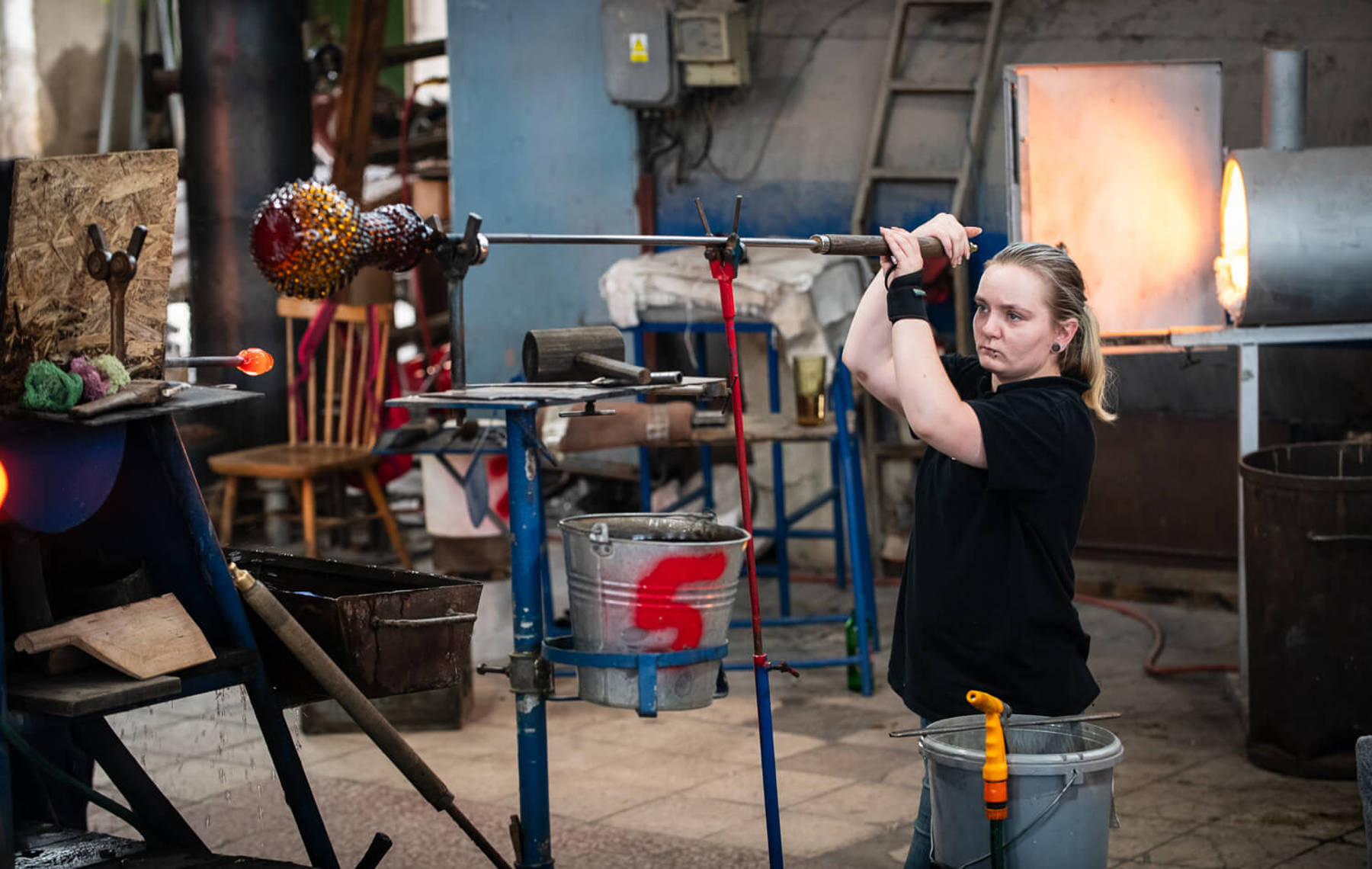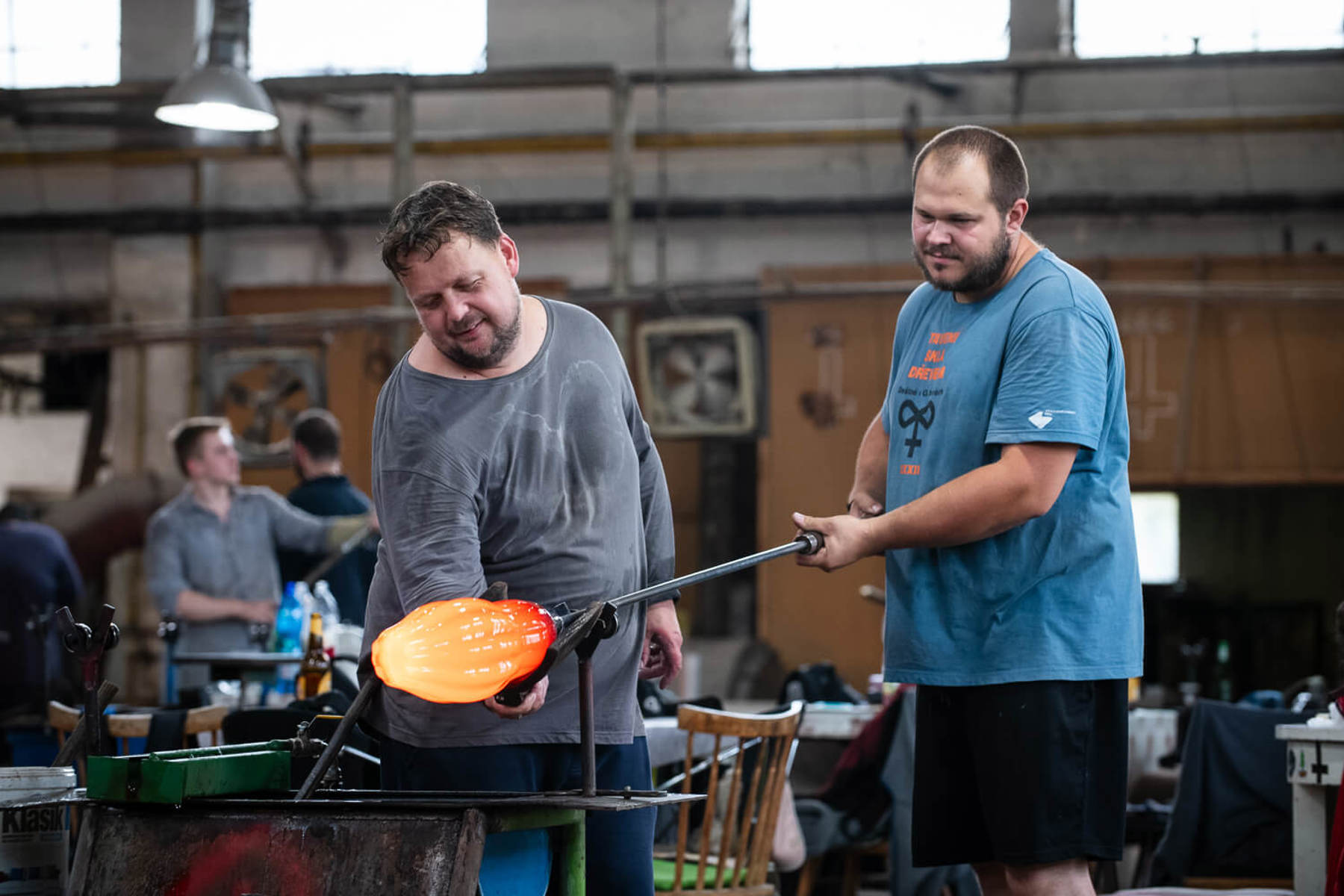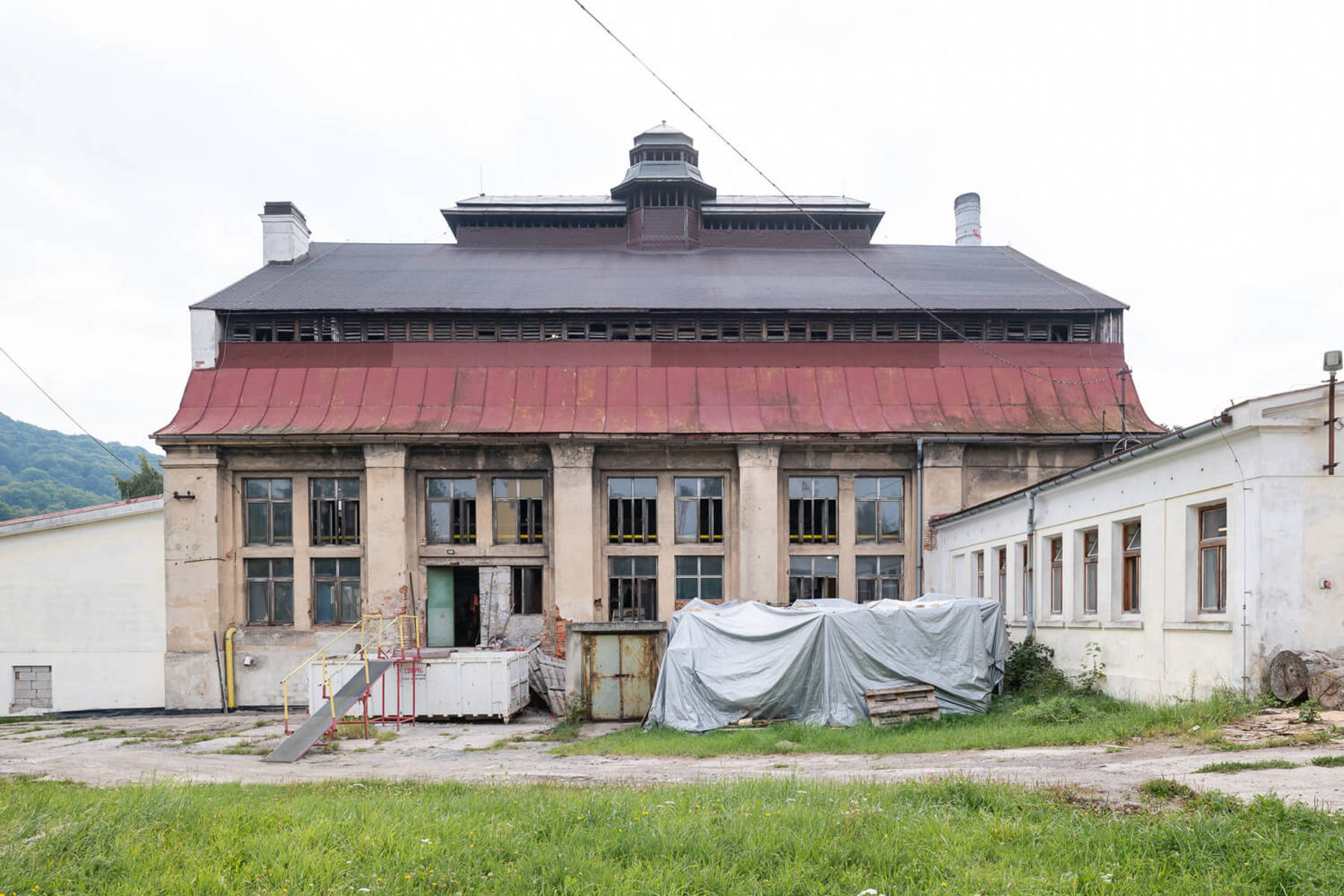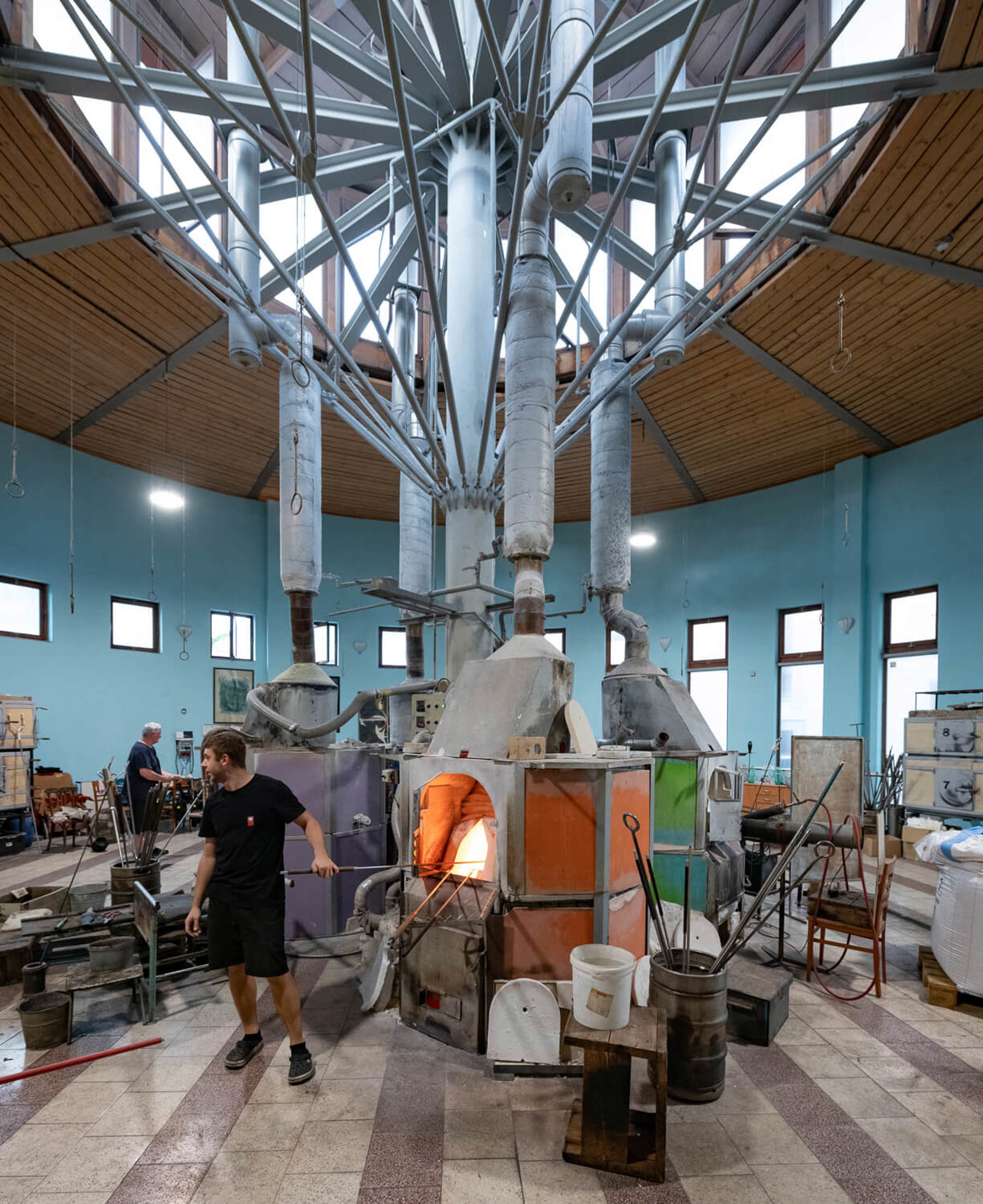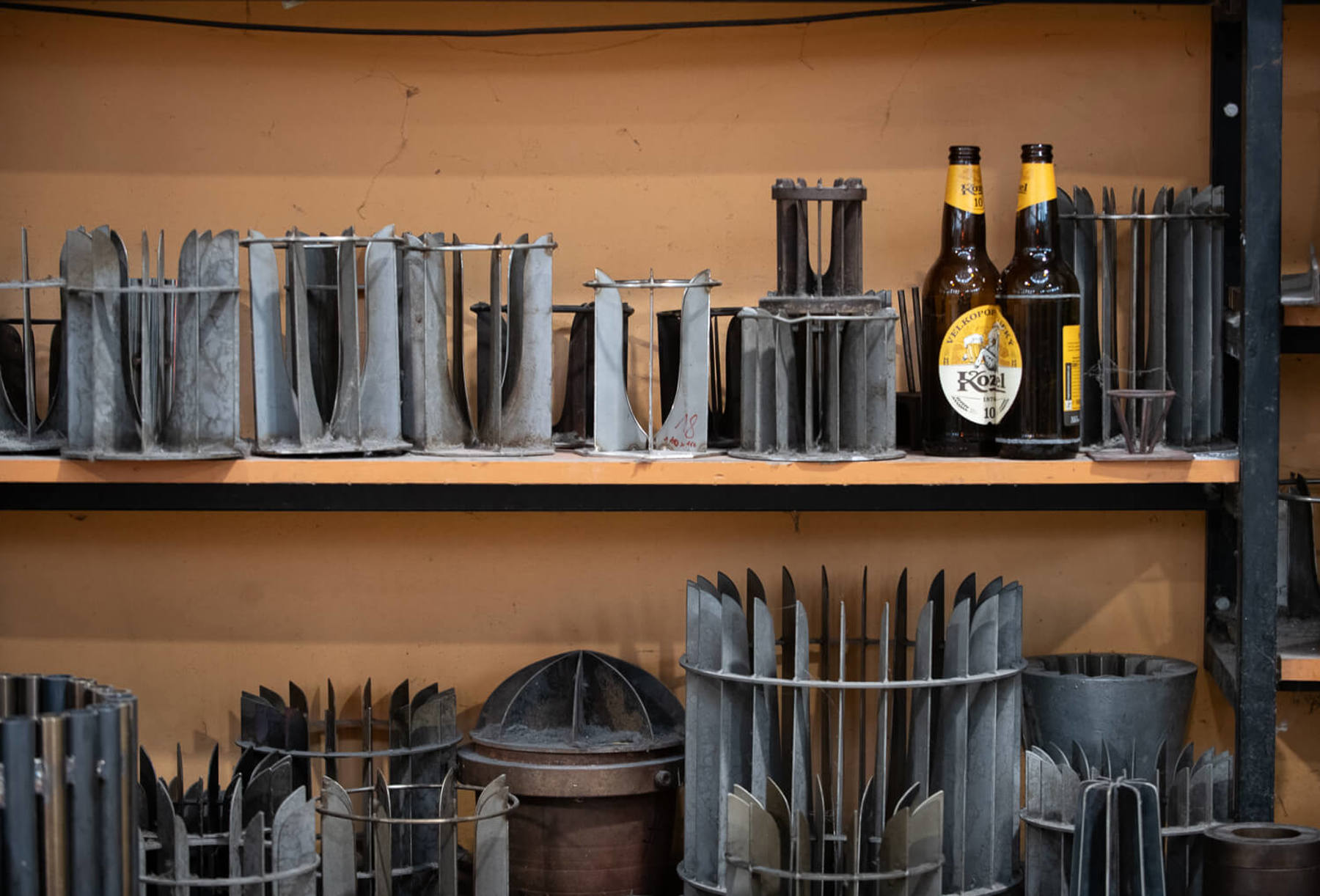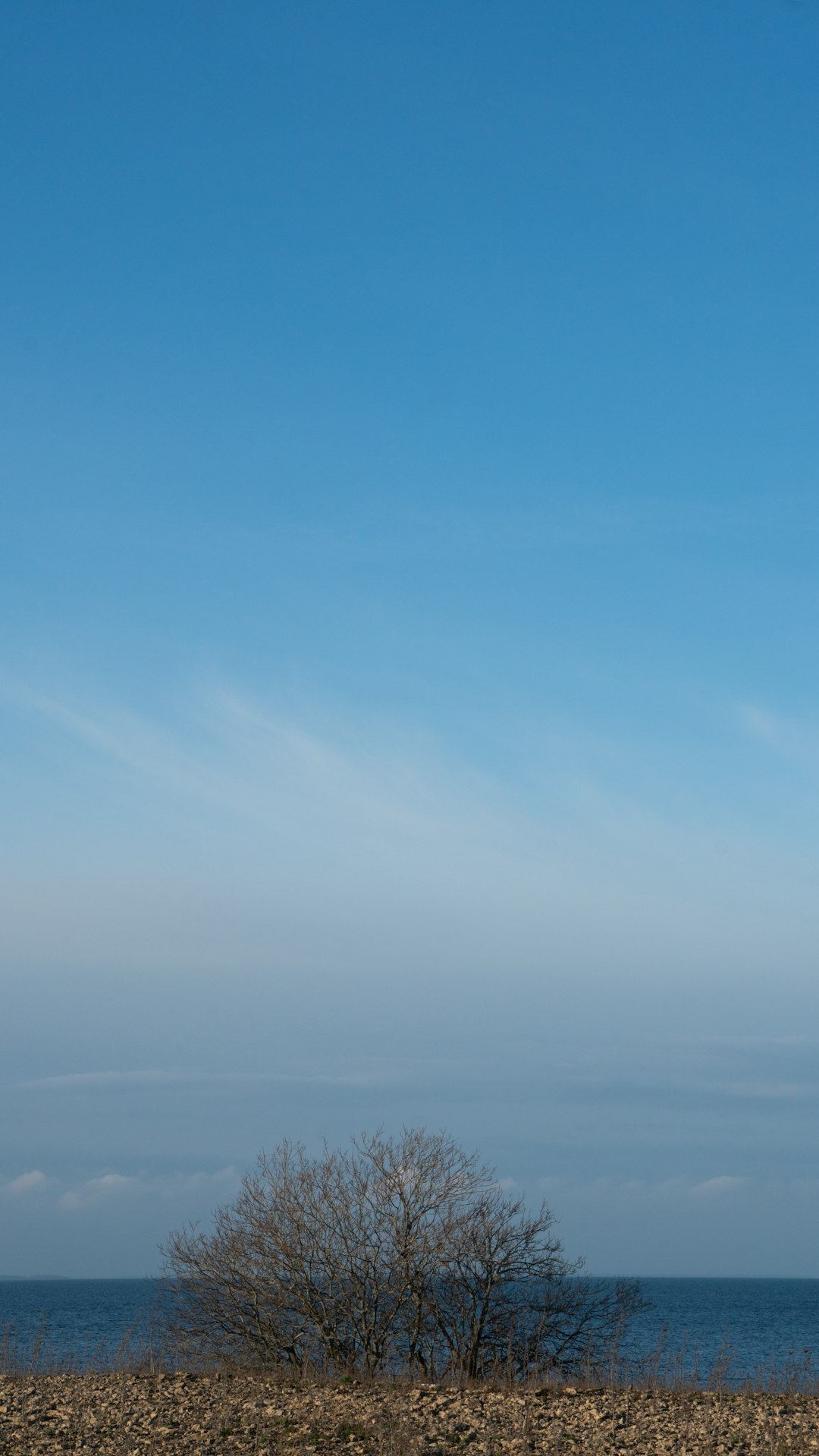The success of Czech glassworks in the global film industry: Pačinek Glass, Klimchi, Novotný Glass
Three Czech glassworks – each very different in their approach to design and marketing, production capacity, and size. What do they have in common? Success in the global film industry. Pačinek Glass created 64 original crystal sculptures for the film Glass Onion, directed by Rian Johnson and starring Daniel Craig. Klimchi stocked the set of the Hollywood box office blockbuster Barbie with handmade table glass from its original Rosaline collection. Novotný Glass created glass objects for the fantasy series Carnival Row and Wheel of Time, the Stephen Williams film Chevalier, and historical replicas of period lighting fixtures for the popular German World War II series Submarine. How did they do it?
Pačinek Glass
The company’s film success is due in part to the worldwide reputation of Czech glass, the glassworks’ website, and an internet search engine. The senior art director of the film Glass Onion, John Dexter, was intrigued by the glassworks’ website and contacted the company on impulse, says Jiří Pačinek, an artistic glassmaker and founder and owner of Pačinek Glass.






